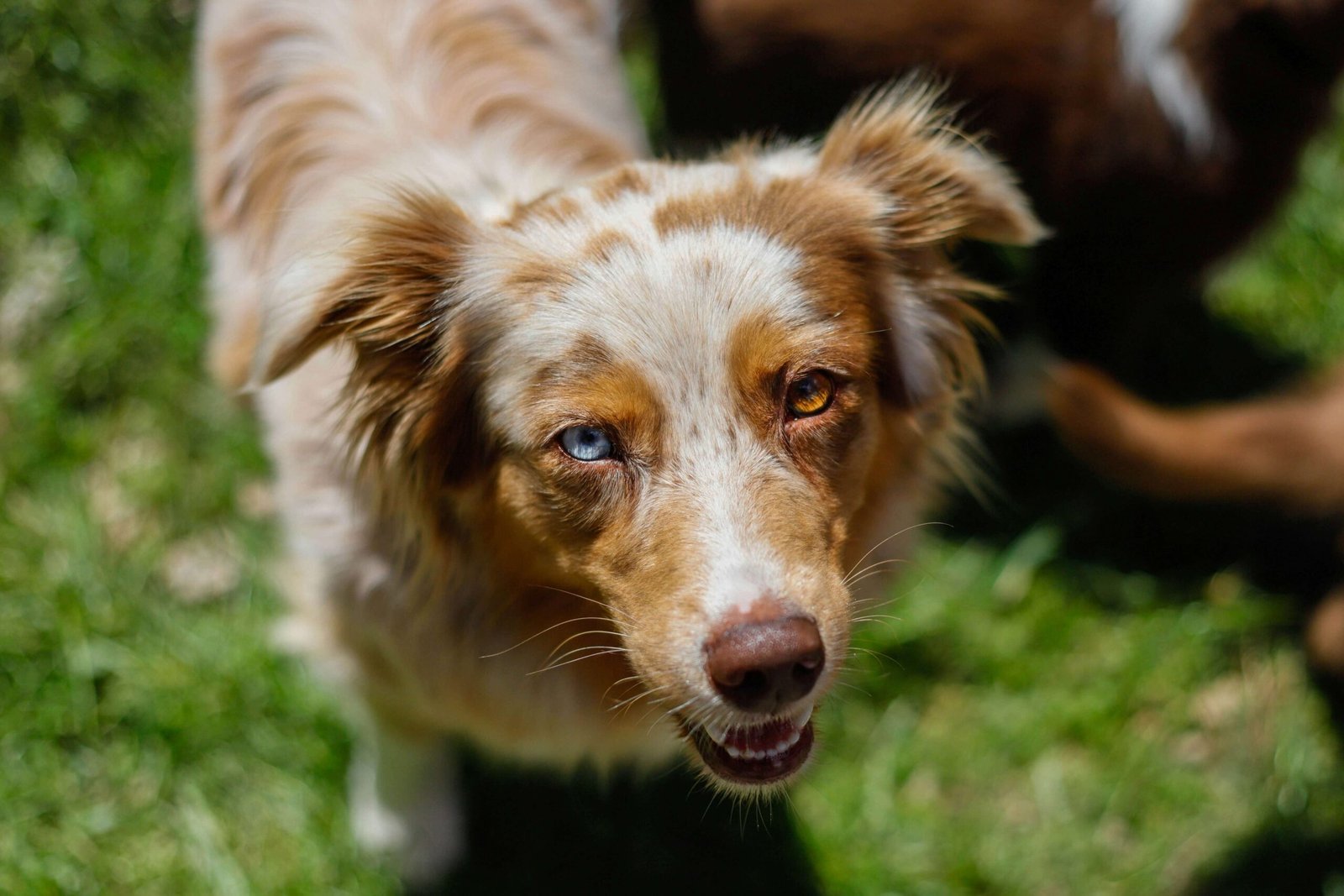How Much Are Vaccines for Dogs? A Comprehensive Guide
When it comes to owning a dog, one of the most important responsibilities is ensuring their health and well-being. Vaccinations play a crucial role in protecting your furry friend from a variety of illnesses and diseases. However, many pet owners are often left wondering: how much are vaccines for dogs? The cost can vary depending on several factors, including the type of vaccine, your location, and the veterinary clinic you choose. In this blog post, we’ll break down everything you need to know about dog vaccinations, from costs to schedules, so you can make informed decisions for your beloved pet.
Factors That Influence the Cost of Dog Vaccines
The cost of vaccinating your dog isn’t a one-size-fits-all figure. Several factors come into play when determining how much you’ll pay. Below, we’ve outlined the key elements that influence vaccine costs:
Type of Vaccine Required
Core vaccines, such as rabies and distemper, are essential for all dogs, while non-core vaccines depend on your dog’s lifestyle and environment.Geographical Location
Veterinary services tend to be more expensive in urban areas compared to rural regions due to higher operational costs.Veterinary Clinic Reputation
Well-established clinics or those with specialized services may charge more than smaller, local practices.Dog’s Age and Size
Puppies require a series of initial vaccinations, which can add up. Larger breeds might also incur slightly higher fees for certain vaccines.Additional Services Offered
Some clinics bundle vaccines with wellness exams or other preventive care services, which can affect the overall cost.
Understanding these factors can help you anticipate potential expenses and plan accordingly. Remember, investing in your dog’s health now can save you from costly treatments down the line.
Common Vaccines for Dogs and Their Estimated Costs
Vaccines are divided into two categories: core and non-core. Core vaccines are mandatory for all dogs, while non-core vaccines are recommended based on specific risk factors. Here’s a breakdown of common vaccines and their approximate costs:
Rabies Vaccine
This is a legal requirement in most areas and typically costs between 15 and 35usd.Distemper, Hepatitis, Parvo, and Parainfluenza (DHPP) Vaccine
Often administered as a combination shot, this vaccine ranges from 20 to 50usd per dose.Bordetella (Kennel Cough) Vaccine
Recommended for dogs that frequent boarding facilities or dog parks, this vaccine usually costs 10 to 25usd.Lyme Disease Vaccine
Essential for dogs in tick-prone areas, this vaccine can range from 20 to 40usd.Leptospirosis Vaccine
This vaccine protects against a bacterial infection and typically costs between 15 and 30usd.
While these are general estimates, prices may vary based on your location and veterinarian. Always consult with your vet to determine which vaccines are necessary for your dog’s unique needs.
Check this guide 👉How Much Does It Cost to Microchip a Dog? Best 7 Tips!
Check this guide 👉How Much Does a Rabies Shot for a Cat Cost? Best 7 Tips!
Check this guide 👉How Much Does a Dog Cost Per Year? Best 7 Expert Tips!

Vaccine Type | Estimated Cost Range USD |
|---|---|
Rabies Vaccine | 15−35 |
DHPP Combination Vaccine | 20−50 |
Bordetella Vaccine | 10−25 |
Lyme Disease Vaccine | 20−40 |
Leptospirosis Vaccine | 15−30 |
Ways to Save on Dog Vaccination Costs
Vaccinating your dog doesn’t have to break the bank. There are several strategies you can use to reduce costs without compromising on quality care. Consider the following tips:
Look for Low-Cost Clinics
Many communities offer low-cost vaccination clinics, especially for basic shots like rabies and DHPP.Bundle Services
Some veterinary offices provide discounts when vaccines are combined with wellness exams or other preventive care services.Pet Insurance Plans
Certain pet insurance policies cover routine vaccinations, making them a worthwhile investment in the long run.Ask About Payment Plans
If upfront costs are a concern, inquire about payment plans or financing options offered by your vet.Stay Up-to-Date on Preventive Care
Regular check-ups and preventive measures can help avoid costly treatments for vaccine-preventable diseases.
By exploring these options, you can ensure your dog receives the necessary vaccinations while keeping your expenses manageable.
Why Vaccinations Are Worth the Investment
While the cost of vaccines might seem high initially, they are a vital investment in your dog’s long-term health. Here’s why prioritizing vaccinations is beneficial:
Prevention of Serious Diseases
Vaccines protect your dog from potentially fatal illnesses like rabies, parvovirus, and distemper.Reduced Veterinary Bills
Treating vaccine-preventable diseases can cost hundreds or even thousands of dollars, far exceeding the price of vaccines.Improved Quality of Life
A vaccinated dog is less likely to suffer from painful or debilitating conditions, ensuring a happier life for your pet.Public Health Protection
Vaccinating your dog against rabies helps protect both humans and other animals from this deadly virus.Peace of Mind for Owners
Knowing your dog is protected allows you to enjoy their companionship without constant worry about preventable illnesses.
Investing in vaccines today means safeguarding your dog’s future health and happiness.
Additional Considerations for Dog Vaccinations
Vaccinating your dog involves more than just understanding the types and costs. There are additional factors to consider to ensure your pet receives the best care possible. Below are some important points to keep in mind:
Vaccination Schedules
Puppies require a series of vaccinations at specific intervals, typically starting at 6-8 weeks old. Adult dogs may need boosters annually or every few years, depending on the vaccine.Veterinarian Recommendations
Always consult your veterinarian to tailor a vaccination plan based on your dog’s lifestyle, environment, and health history.Record Keeping
Maintain an updated record of your dog’s vaccinations to avoid missing doses and to provide proof of immunization when needed.
By staying organized and following professional guidance, you can ensure your dog remains protected throughout their life.
Potential Side Effects of Vaccines
While vaccines are generally safe, it’s important to be aware of potential side effects. Most reactions are mild and temporary, but knowing what to look for can help you respond appropriately. Here’s what you should know:
Common Side Effects
Mild symptoms like swelling at the injection site, lethargy, or a slight fever are normal and usually resolve within a day or two.Rare but Serious Reactions
In rare cases, dogs may experience allergic reactions, difficulty breathing, or facial swelling. Seek immediate veterinary care if this occurs.Monitoring Your Dog Post-Vaccination
Keep an eye on your dog for 24-48 hours after vaccination to ensure they recover without complications.
Understanding these possibilities allows you to make informed decisions and act quickly if any issues arise.
Alternatives to Traditional Veterinary Clinics
If cost or convenience is a concern, there are alternative options for obtaining vaccines for your dog. These alternatives can provide flexibility while still ensuring your pet’s health needs are met. Consider the following:
Mobile Veterinary Services
Some veterinarians offer mobile clinics that bring vaccination services directly to your home, saving you time and travel expenses.Community Vaccine Events
Many animal shelters and nonprofit organizations host low-cost vaccination events, making essential care accessible to more pet owners.Online Pharmacies
Certain online platforms sell vaccines for at-home administration, though this option requires careful research and confidence in handling medical procedures.
While these alternatives can be convenient, always prioritize safety and consult a professional to ensure proper administration and storage of vaccines.
Frequently Asked Questions About Dog Vaccines
How often does my dog need vaccines?
Core vaccines like rabies and DHPP are typically given annually or every three years, depending on local regulations and your vet’s recommendations.
Are vaccines safe for my dog?
Yes, vaccines are generally safe, though mild side effects like soreness or lethargy may occur. Serious reactions are rare.
Can I skip non-core vaccines?
Non-core vaccines are optional but highly recommended if your dog is at risk of exposure to certain diseases.
What happens if I don’t vaccinate my dog?
Unvaccinated dogs are at higher risk of contracting serious illnesses, which can lead to expensive treatments or even death.
Do puppies need more vaccines than adult dogs?
Yes, puppies require a series of vaccinations starting at around 6-8 weeks old to build immunity as their immune systems develop.
Final Thoughts: Prioritize Your Dog’s Health Through Vaccination
In conclusion, understanding how much vaccines for dogs cost is just the first step in ensuring your pet’s well-being. While the expenses may vary, the value of prevention cannot be overstated. By staying informed about vaccine schedules, costs, and available savings, you can provide your dog with the best possible care. Remember, a healthy dog is a happy dog—and a happy dog makes for a joyful home. So, prioritize vaccinations and give your furry companion the gift of a long, healthy life.
Pemphigus Erythematosus in Cats: Best 7 Expert Tips! – Learn to recognize symptoms, manage flare-ups, and improve your cat’s quality of life.
Pemphigus Erythematosus in Dogs: Best 7 Expert Tips! – Discover causes, symptoms, and treatment options to manage this autoimmune skin condition effectively.
Cat Tympanic Membrane: Best 7 Expert Tips! – Learn how to protect your cat’s eardrum, spot issues early, and ensure lifelong auditory health.
Dog Tympanic Membrane: Best 7 Expert Tips! – Learn how to protect your dog’s eardrum, spot issues early, and ensure lifelong ear health with expert advice.





